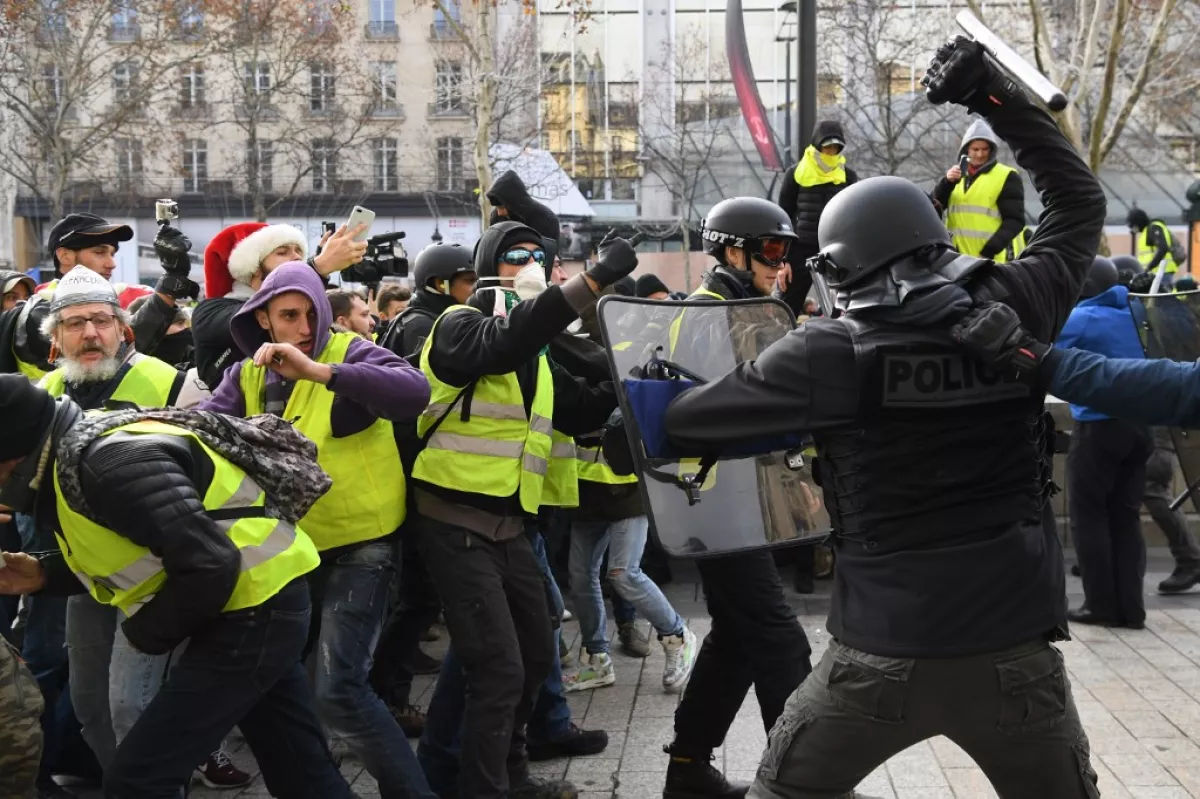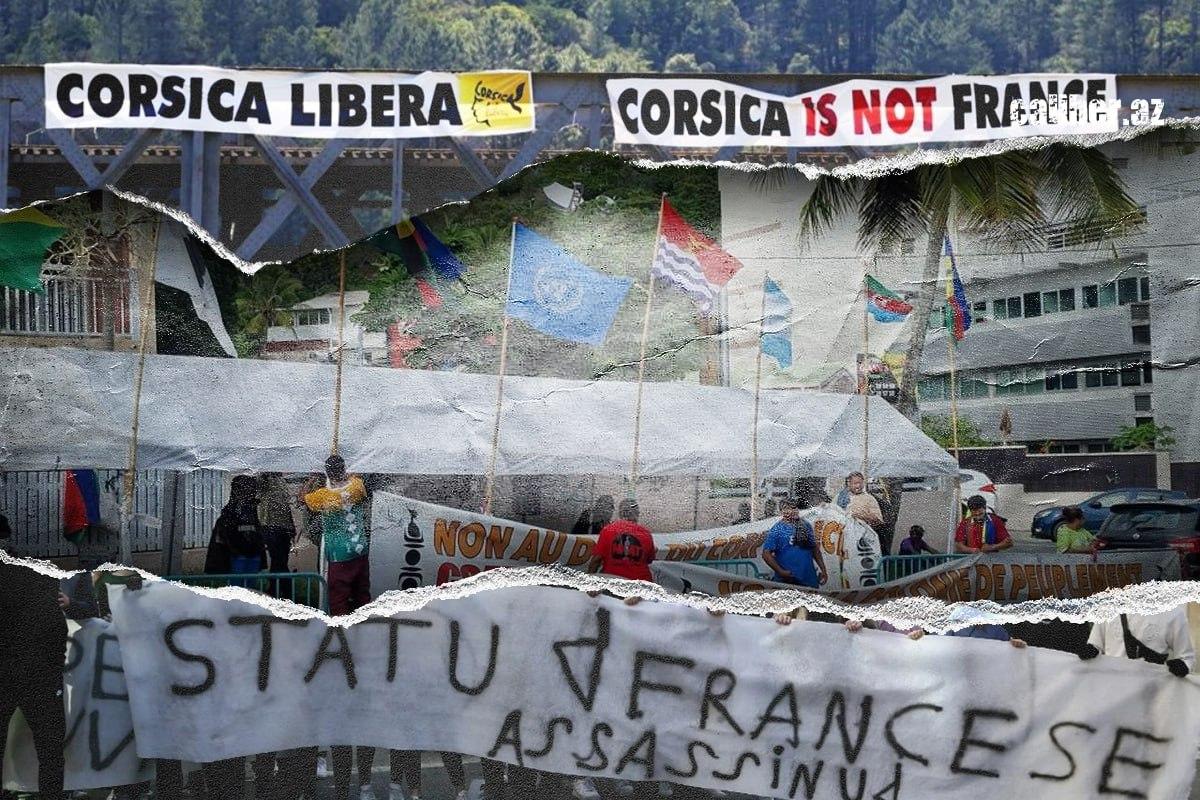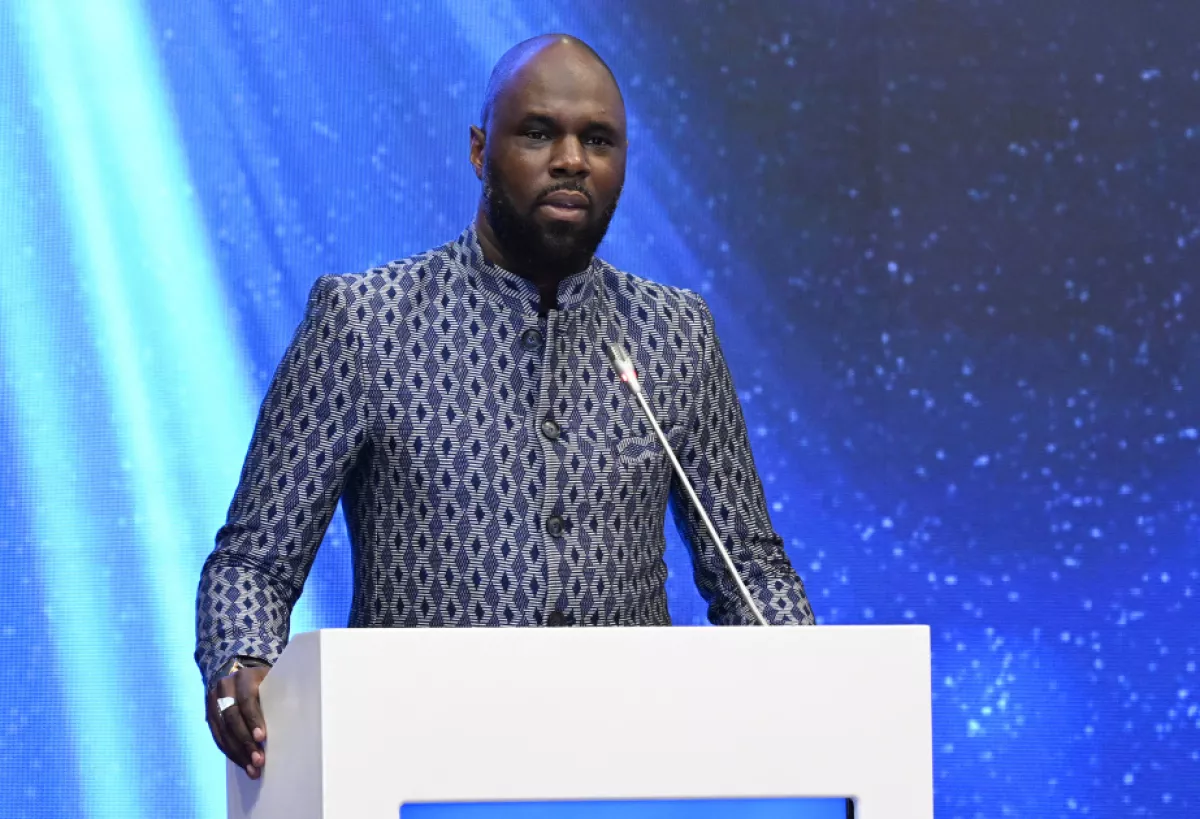Democracy in chains: How Macron’s France silences dissent Unpacking rise of repression
Since Emmanuel Macron's ascent to power, human rights organisations have raised concerns about the escalation of political repression targeting activists, advocates for the sovereignty of regions forcibly integrated into France, and ordinary citizens seeking social justice.
In November 2018, mass protests erupted in France, known as the "Yellow Vests" movement. Participants voiced their opposition to the government's neoliberal policies, leading to widespread demonstrations that lasted several months and attracted hundreds of thousands, if not millions, of participants. President Macron referred to the protesters as a "threat to the republic." In response, police and gendarmerie were deployed to suppress these peaceful gatherings, resulting in the deaths of 11 individuals. Around 2,000 demonstrators sustained injuries, including 5 who lost their hands and 23 who were blinded due to the use of flashbang grenades.'

In 2019, Prime Minister Édouard Philippe, responding to inquiries from members of the National Assembly of France, noted that following the protests of the "Yellow Vests," a total of 1,796 demonstrators had been convicted. For instance, one of the leaders of the truck drivers' movement, Éric Drouet, was sentenced to one month of suspended imprisonment and fined for organising an unauthorized rally.
After the killing of 17-year-old Nahel Merzouk, of Algerian descent, in the summer of 2023, approximately 45,000 police officers were deployed to suppress peaceful civilian protests. Members of far-right and neo-fascist groups assisted them. In Marseille, a police officer killed a young man with a flashbang grenade. Another man was shot with a shotgun and fell into a coma from which he never recovered. As a result of police actions, five people lost their sight. The number of arrests during those days exceeded 3,400. Courts handed down sentences in a conveyor-belt fashion, resulting in 95% of the accused being found guilty, and two-thirds of those sentenced were sent to prison.
Participants in national liberation movements are also incarcerated in Parisian prisons. Authorities express significant concern over the independence movement in Corsica, which has existed de facto since the island was annexed by France in the 18th century. Although President Macron made several symbolic concessions to Corsicans before the elections — such as promising autonomy and transferring Corsican political prisoners to the island — the main thrust of French policy in Corsica remains centred on judicial and police methods.
To curb the influence of the National Liberation Front of Corsica (FLNC), police employ tactics like surveillance, false accusations, and mistreatment in prisons. Notably, FLNC leaders Pierre Alessandri and Alain Ferrandi are incarcerated for the murder of the island's prefect, Claude Érignac. This case has prompted considerable scrutiny from human rights advocates, particularly because the third FLNC leader, Yvan Colonna, adamantly denied his guilt, claiming the accusations were based on slander. In March 2022, Yvan Colonna was killed in prison by another inmate under suspicious circumstances, as the surveillance cameras meant to monitor prisoners were turned off, and the guards were absent from their posts.

In May 2024, New Caledonia experienced an anti-colonial uprising as residents called for independence and opposed the settlement of the islands by French colonists. Several people lost their lives amid the clashes. On June 19, Christian Tain, the leader of the independence movement, along with dozens of his supporters, was arrested as "those responsible for the unrest that began on May 12, 2024." The Caledonian Union denounced these arrests as "unjust." Nevertheless, on June 22, the leaders of the uprising were charged with offences including "attempted murder, gang robbery, and attempted damage to property." Fearing additional protests from the archipelago's inhabitants, seven key detainees were transported to the mainland during the night of June 22-23. Authorities' fears were confirmed when another wave of violence erupted across New Caledonia, with demonstrations taking place outside the French Ministry of Justice.
On October 14, 2024, Kemi Seba, a prominent African political activist, was arrested in Paris by agents from the General Directorate for Internal Security (DGSI). He faces accusations of "collaborating with foreign countries to undermine France's fundamental interests," which could lead to a sentence of up to 30 years in prison. However, no evidence of any crimes committed by Seba has been presented by the police.
In July 2024, this native of Strasbourg lost his French citizenship and was travelling on a Nigerian diplomatic passport, which was expected to grant him immunity. Yet, his lawyer, Juan Branco, claimed, "The Vienna Conventions were violated... Articles from the military code designed for spies or high-ranking officials are being used against an ordinary citizen and activist." Branco believes that Seba's arrest is retribution from Paris for his political activities: "He is neither a spy nor a soldier. He has always been open about his geopolitical actions and partnerships."

Reflecting on the recent evolution of the French political system, prominent politician Jean-Luc Mélenchon stated, “Our country now serves as a guarantor of a repressive system, intertwined with a doctrine of maintaining order. This encompasses total militarization and practices that foster violence against people by other people. Such a doctrine results in an unprecedented escalation of brutality and increasing distrust between the police and the public. In Europe, France is isolating itself and rejecting participation in any initiatives related to de-escalation. While our neighbours explore liberalization methods, the current French government suppresses all forms of dissent.”
Investigative journalists have become targets of intimidation; they are summoned for questioning, detained, and subjected to searches. The freedom of assembly is frequently threatened, with authorities routinely banning demonstrations and rallies. Civil society organizations are under state surveillance, and their funding is regulated by the new “Separatism Law.”
The "order maintenance" strategy implemented in France has faced repeated condemnation from the United Nations. Since 2019, it has become standard practice to deploy special "Motorized Brigades for the Suppression of Violent Actions" (BRAV-M), which patrol the streets on motorcycles, instilling fear among the civilian population.
Experts from the British publication The Economist have noted that, following 2020, France lost its status as a "full democracy" and regressed to a "partial democracy," mainly due to significant limitations placed on civil liberties in recent years.
Jean-Luc Mélenchon argues that France has turned into a model of a police state for the world, with the actions of French law enforcement providing justification for dictators to carry out their oppressive measures by referencing the practices of the "first democracy in Europe."








